The streaming service was heavily fined for collecting children’s data without parental consent, resulting in some major policy changes.
Google, the owner of YouTube, paid $170 million in a settlement for children’s privacy violations.
The streaming giant, YouTube, fell under substantial investigation over the summer. Thanks to watchdog groups, the Federal Trade Commission launched an investigation into the Google-owned company for privacy violations regarding children. For months after, YouTube discussed changes to its website as a result. The end of the inquiry came as a settlement for a hefty $170 million, paid to the FTC, as reported by BBC News. On the same day, YouTube announced changes to its policy.
Parental watchdog organizations raised concern over the content and data collection practices. Content-wise, parents often found young children watching inappropriate, even when they started watching an entirely innocent video. YouTube’s autoplay feature was under fire for this. The video streaming website’s autoplay automatically starts a new video after the end of the previous one based on previous videos. The content can go from harmless to mature after only a few videos. YouTube recommends videos it thinks the viewer will like based on watching history, so the severity of the content can vary.
Earlier, content creators came under fire for their language in their videos. YouTube changed their policies, demonetizing creators with the swearing in the first portion of their videos. Many prominent name YouTubers, such as PewDiePie, Jacksepticeye, Markiplier, and Game Grumps, felt this blow. They went to great lengths to censor their language with more child-friendly alternatives.
Data wise, YouTube was found to collect data from children under 13 without parental consent. Ads targeted at younger audiences would run during children’s content in the middle of videos, which is a violation of the 1998 Children’s Online Privacy Protection Act. YouTube paid $170 million in a settlement for the breach.
The payment wasn’t the only thing to come out of the investigations. For months, YouTube officials discussed changes to the website’s treatment of children’s content. YouTube finally unveiled its official changes on Twitter.
Today we’re sharing several changes designed to better protect data on children’s content on YouTube. Starting in about four months:
— YouTube (@YouTube) September 4, 2019
The changes hope to minimize children’s exposure to mature content. The chain of tweets summarized the four main changes coming to the website, with a more detailed blog post on the official YouTube blog. Those four changes are:
-
YouTube will treat anyone watching children’s content as a child, regardless of age.
-
Personalized ads will no longer run on children’s content.
-
Comments and notifications will be disabled on children’s content.
-
Content creators must identify children’s content.
YouTube ended its Twitter announcement with a reminder that YouTube Kids exists and encourages parents to use that if they plan on letting their child watch alone.
YouTube elaborates on the details in its official blog announcement. It emphasizes that parents are encouraged to use YouTube Kids, as well as adding that it is working with lawyers from the FTC to make sure children’s data and viewing experiences are safe.
The changes are set to roll out in four months.



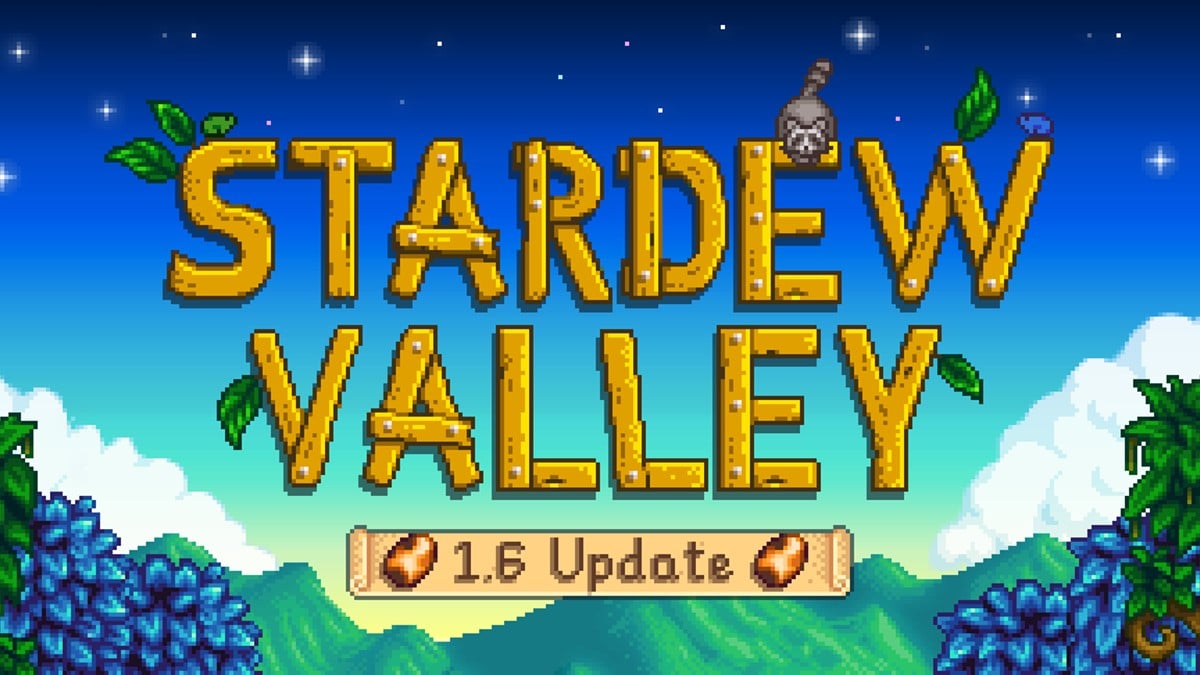
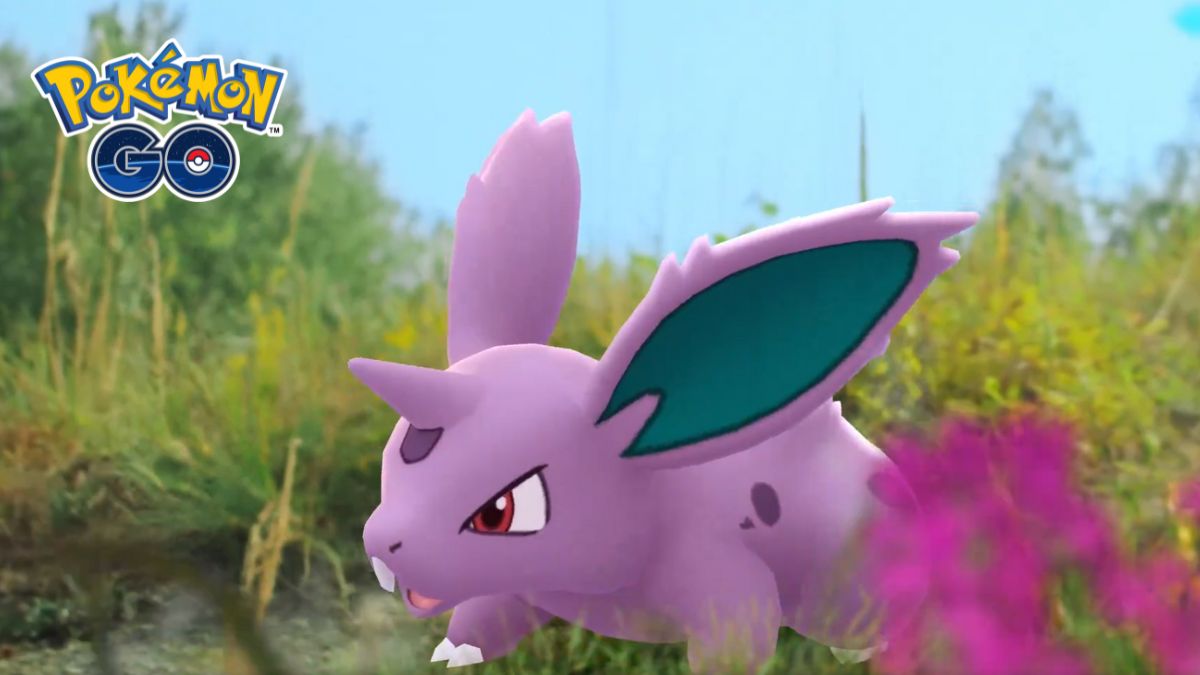
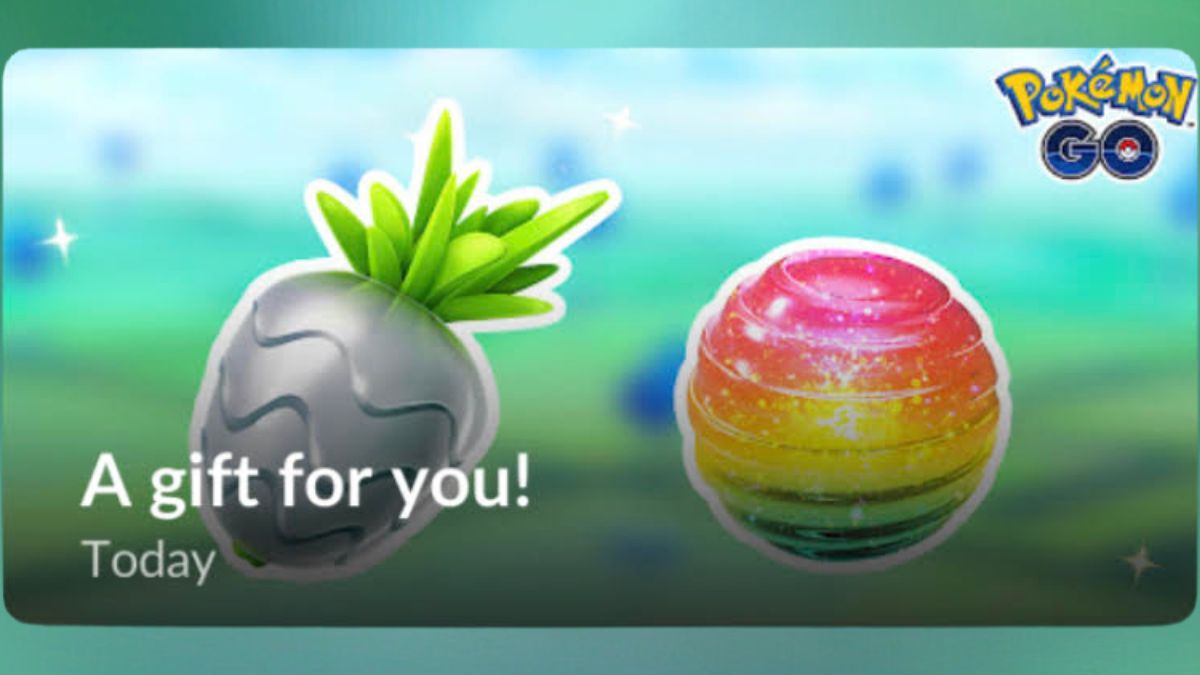
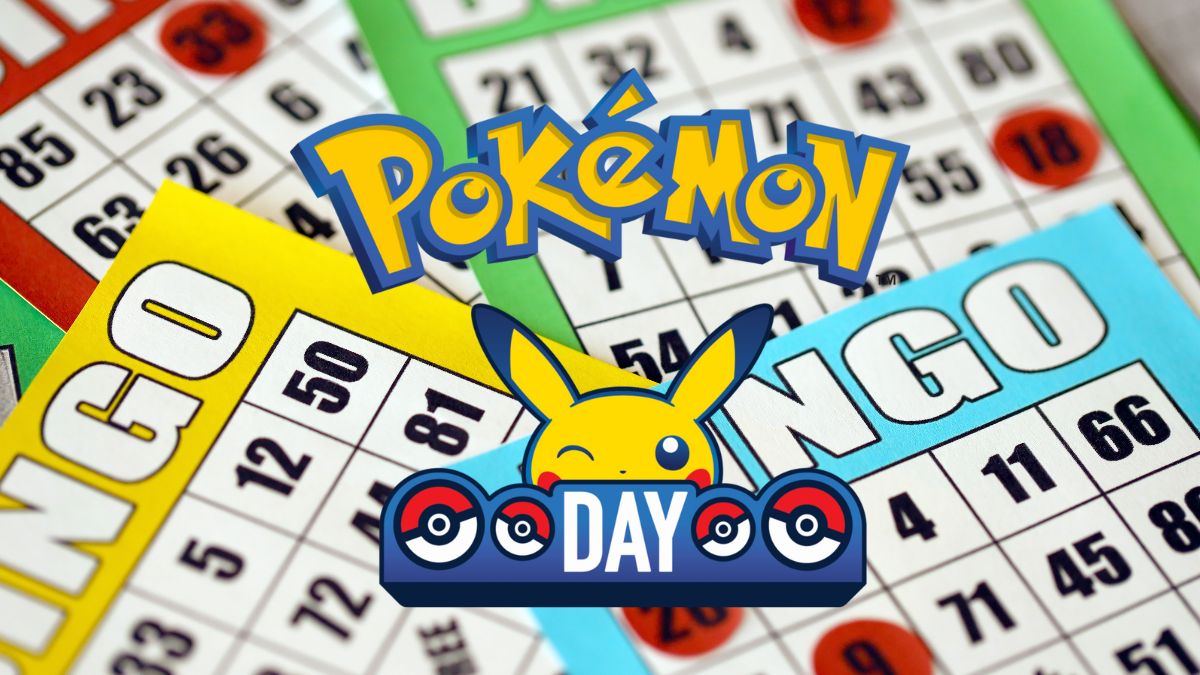

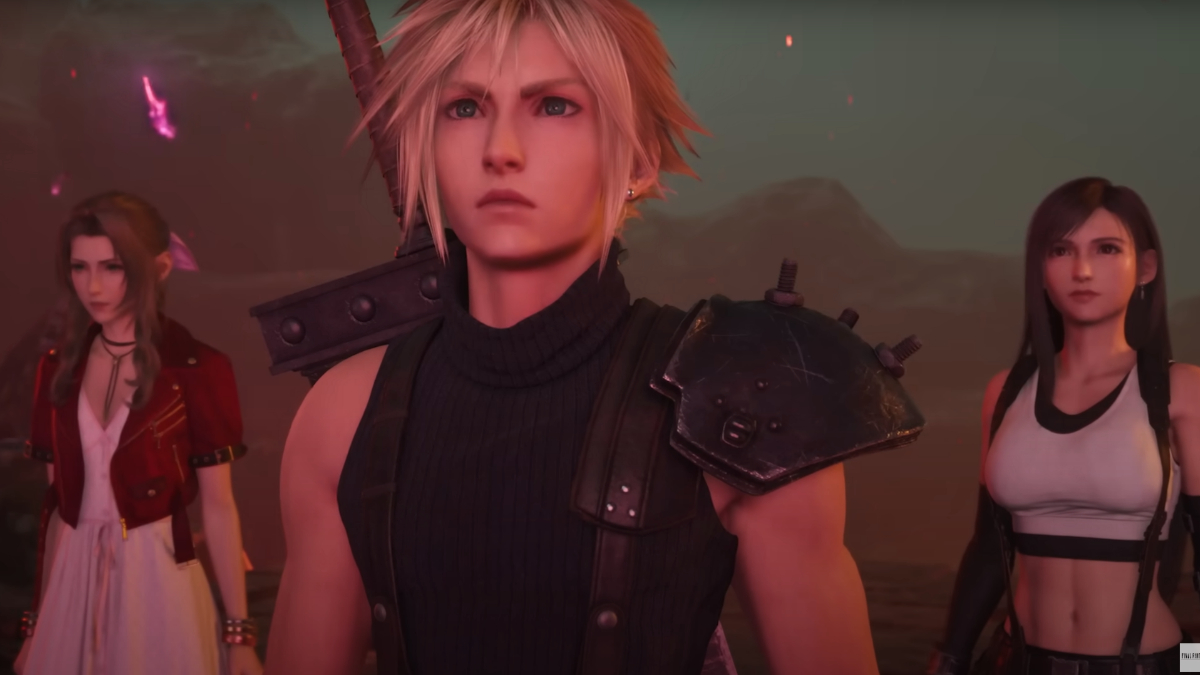
Published: Sep 4, 2019 06:10 pm